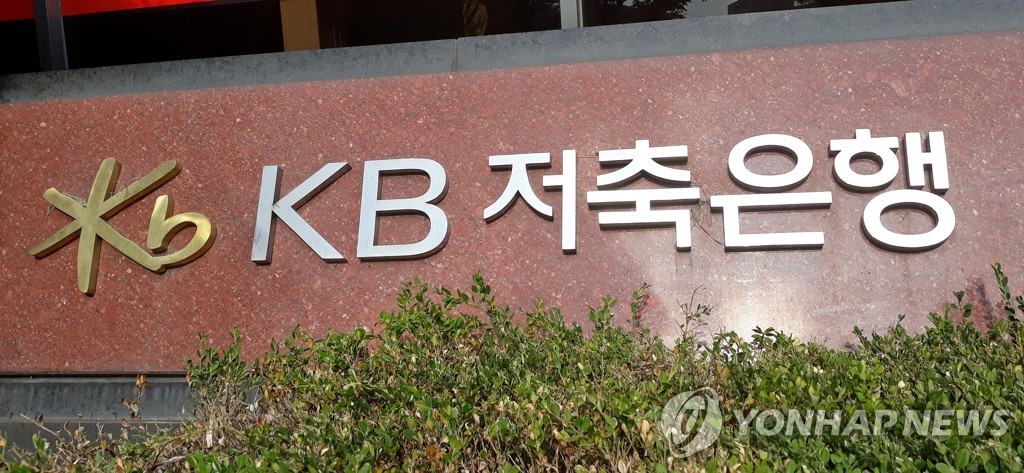FSS warns KB Savings Bank against lax control of soaring household debt
By Choi Jae-heePublished : Sept. 7, 2021 - 12:56

Amid the government’s move to bolster household debt management, the Financial Supervisory Service said Tuesday it has handed down a warning to KB Savings Bank over its loose screening for unsecured loans.
KB Savings Bank turned out to have increased the amount of credit loans allowed for households since July last year by raising its lending programs’ loan limit and offering a discounted interest rate, without a strict review process led by the executive meeting, a FSS official said.
“Banks’ attempts to place higher loan limits or slash lending rates without thorough consideration could hurt the debt-serving capacity of households and the financial soundness of banks.”
The latest warning was an advisory, not part of its four levels of penalties targeted at a financial institution, which starts from a disciplinary warning, escalating to an institutional warning, institutional caution or revocation of business permission.
The market watchdog also urged the second-tier bank to strengthen risk management as its BIS capital adequacy ratio -- barometer established by the Switzerland-based Bank for International Settlements to measure the proportion of a bank’s capital to its risk assets -- fell 4 percentage points on-year to 12.3 percent in February.
“It is necessary for savings banks to establish mid-to long-term risk management measures to cope with risk-weighted assets as well as to build response plans for economic fluctuations and other deterioration of business conditions,” the official added.
The FSS’ decision came after it advised second-tier banks to tighten lending standards on their issuance of personal unsecured loans last month, in an effort to curb ballooning household debt.
The authority earlier sent a message to the Korea Federation of Savings Banks, urging its member companies, including savings banks and mutual financial cooperatives, to keep the maximum amount of credit loans extended to individuals below their annual earnings, industry sources said.
KB Savings Bank turned out to have increased the amount of credit loans allowed for households since July last year by raising its lending programs’ loan limit and offering a discounted interest rate, without a strict review process led by the executive meeting, a FSS official said.
“Banks’ attempts to place higher loan limits or slash lending rates without thorough consideration could hurt the debt-serving capacity of households and the financial soundness of banks.”
The latest warning was an advisory, not part of its four levels of penalties targeted at a financial institution, which starts from a disciplinary warning, escalating to an institutional warning, institutional caution or revocation of business permission.
The market watchdog also urged the second-tier bank to strengthen risk management as its BIS capital adequacy ratio -- barometer established by the Switzerland-based Bank for International Settlements to measure the proportion of a bank’s capital to its risk assets -- fell 4 percentage points on-year to 12.3 percent in February.
“It is necessary for savings banks to establish mid-to long-term risk management measures to cope with risk-weighted assets as well as to build response plans for economic fluctuations and other deterioration of business conditions,” the official added.
The FSS’ decision came after it advised second-tier banks to tighten lending standards on their issuance of personal unsecured loans last month, in an effort to curb ballooning household debt.
The authority earlier sent a message to the Korea Federation of Savings Banks, urging its member companies, including savings banks and mutual financial cooperatives, to keep the maximum amount of credit loans extended to individuals below their annual earnings, industry sources said.

















![[KH Explains] Hyundai's full hybrid edge to pay off amid slow transition to pure EVs](http://res.heraldm.com/phpwas/restmb_idxmake.php?idx=652&simg=/content/image/2024/04/18/20240418050645_0.jpg&u=20240418181020)

![[Today’s K-pop] Zico drops snippet of collaboration with Jennie](http://res.heraldm.com/phpwas/restmb_idxmake.php?idx=642&simg=/content/image/2024/04/18/20240418050702_0.jpg&u=)